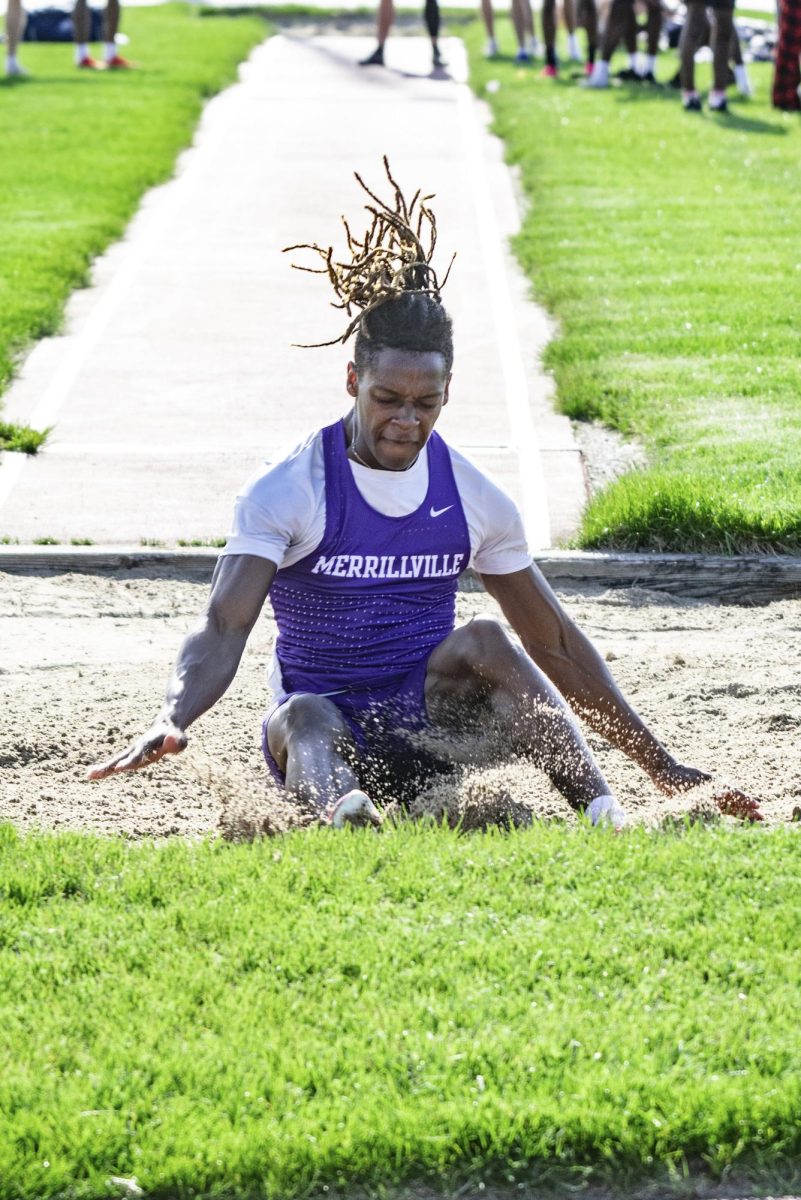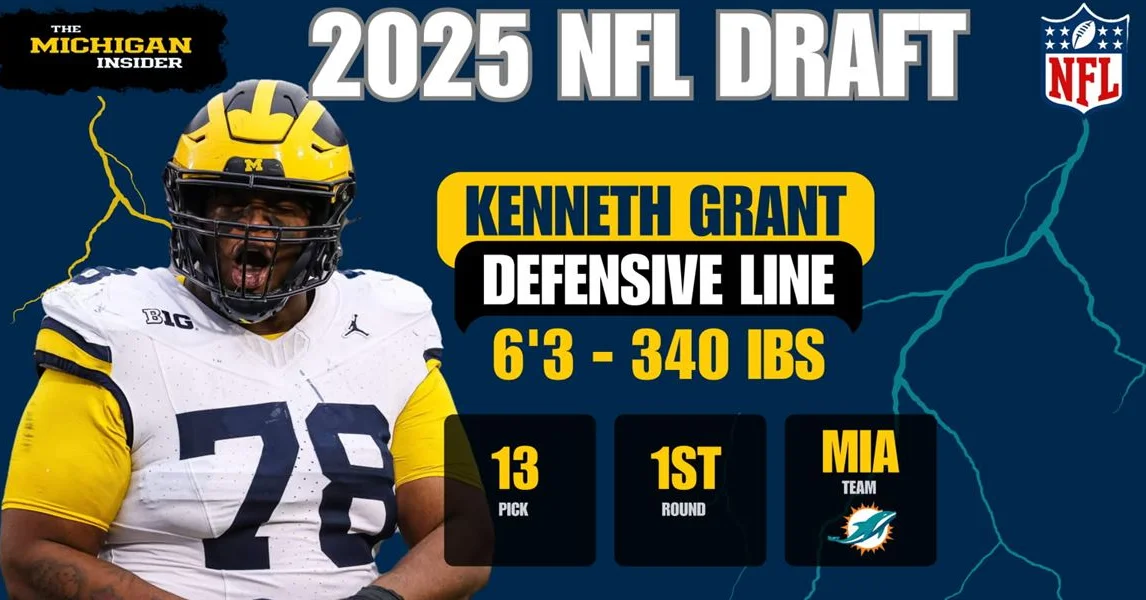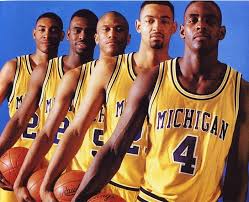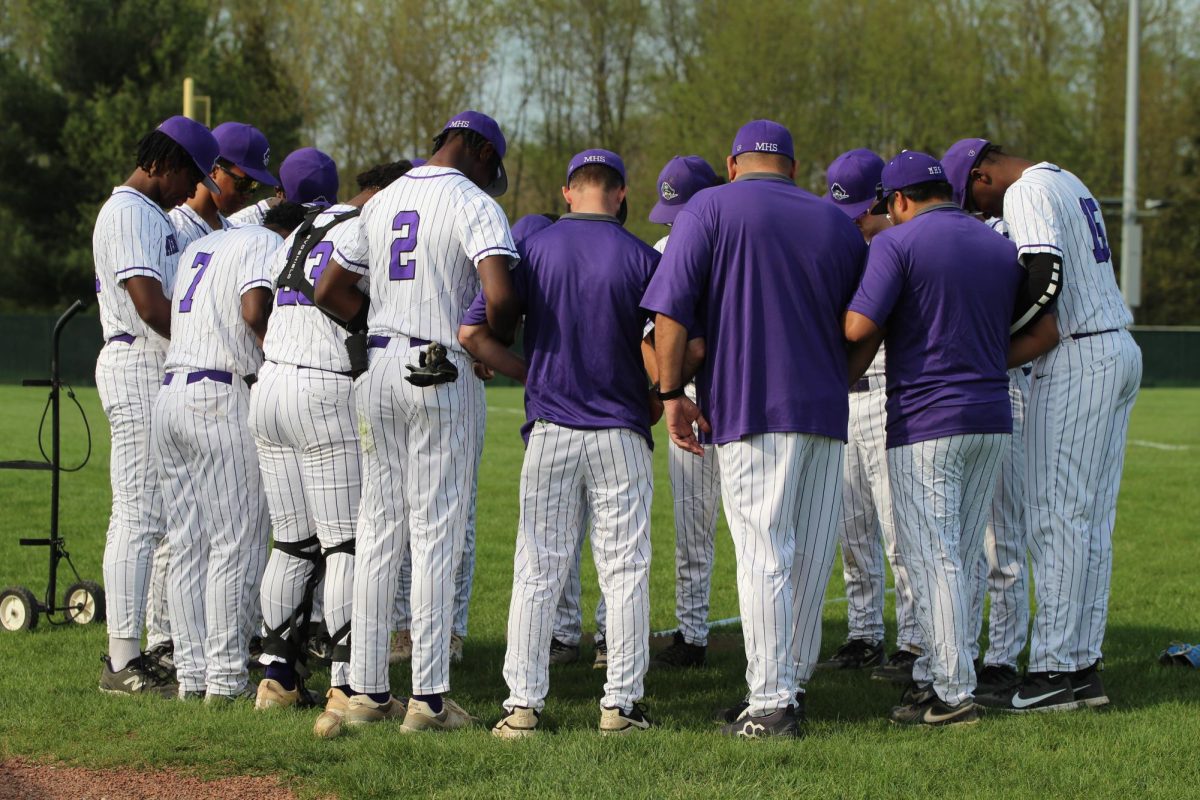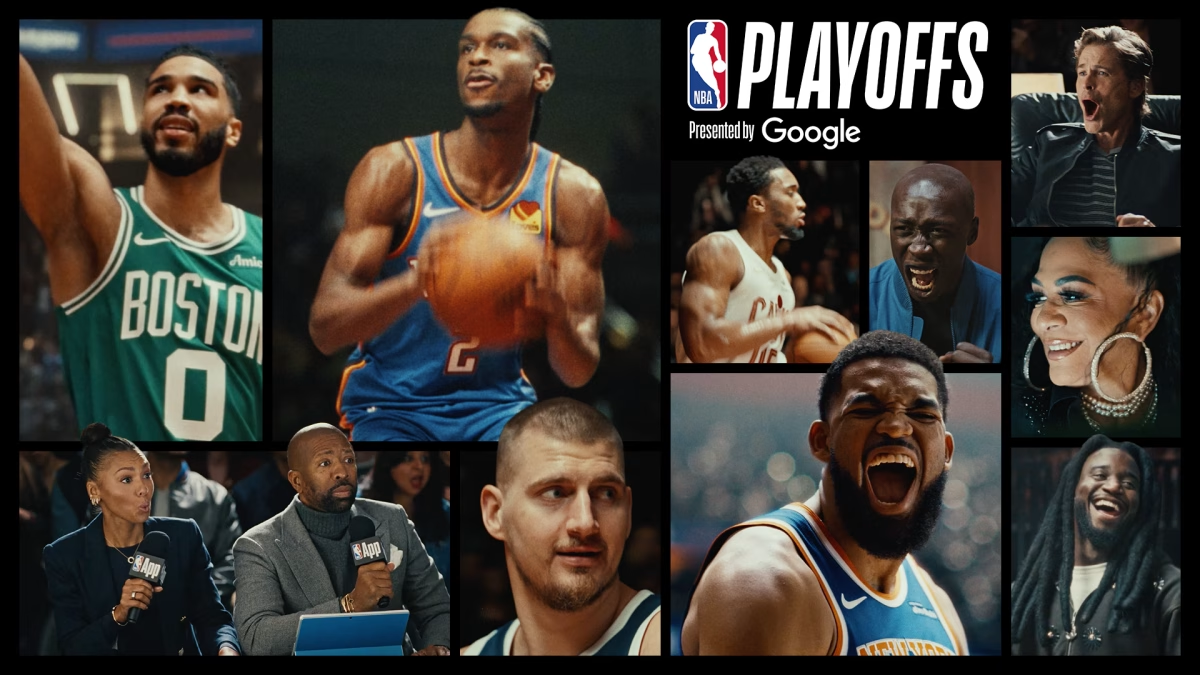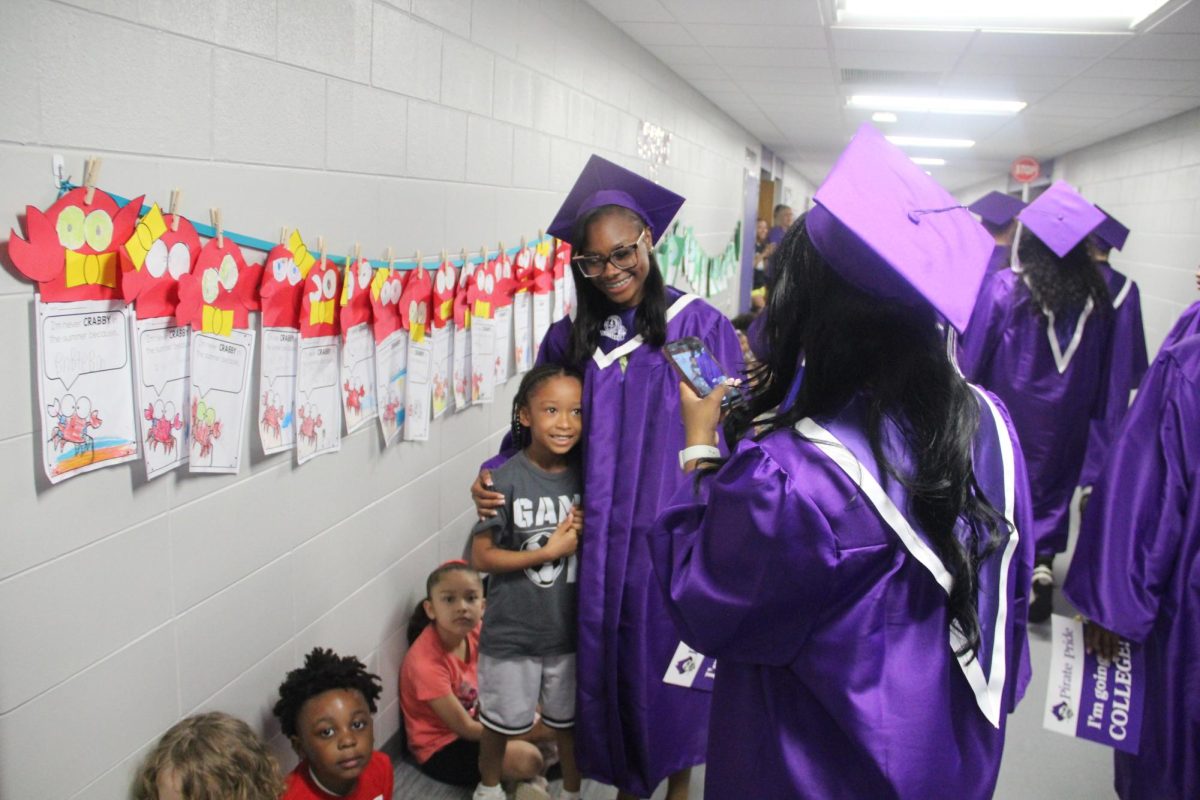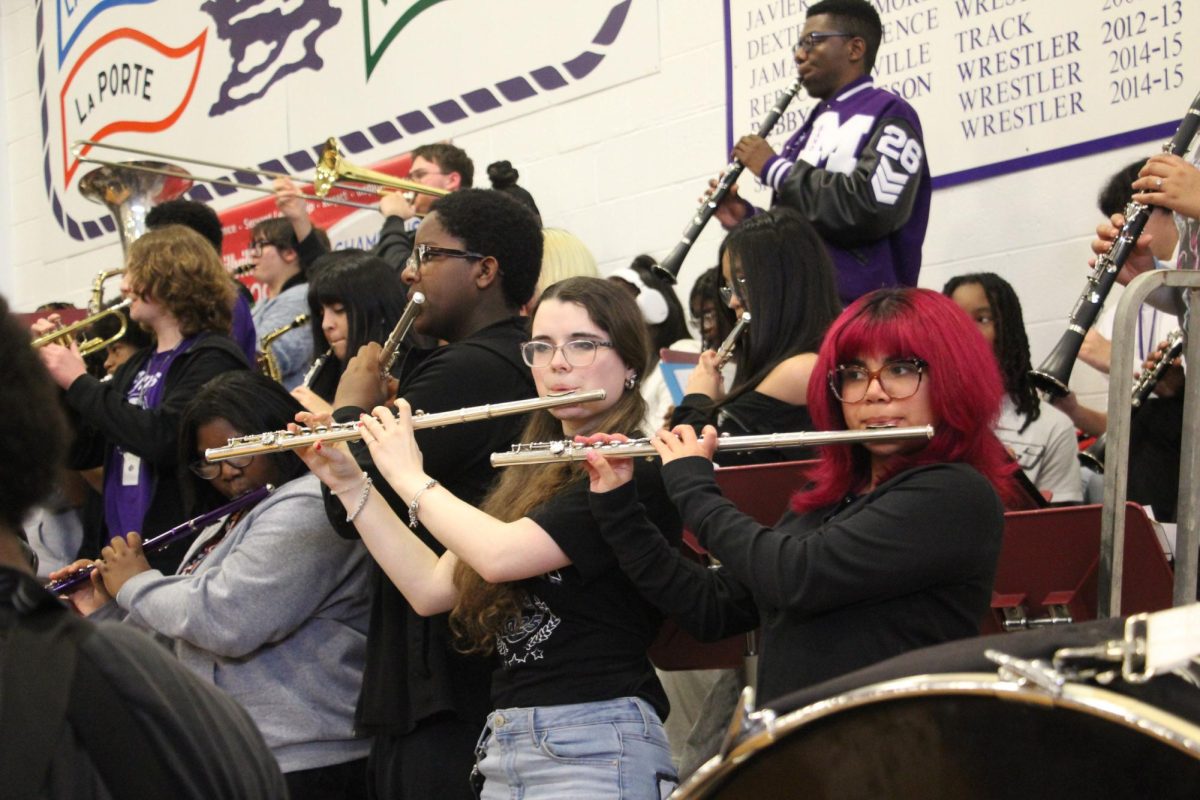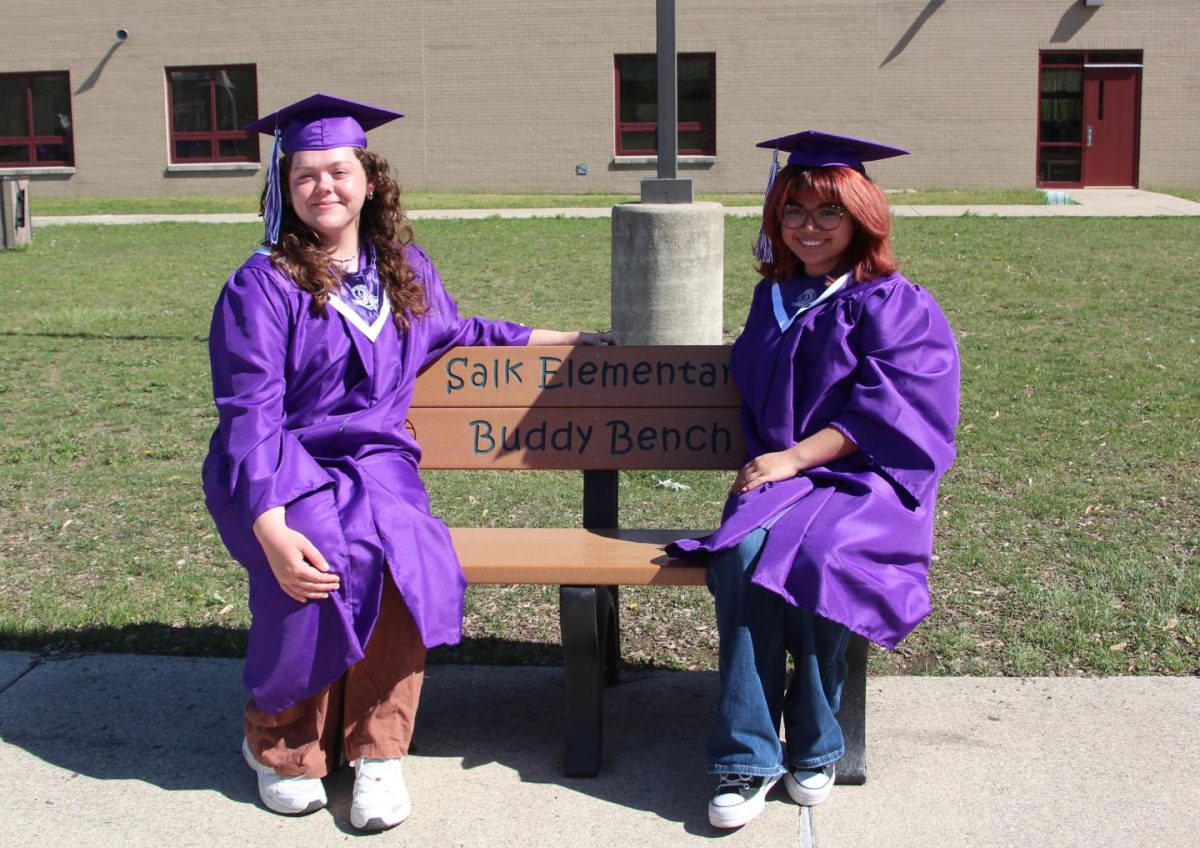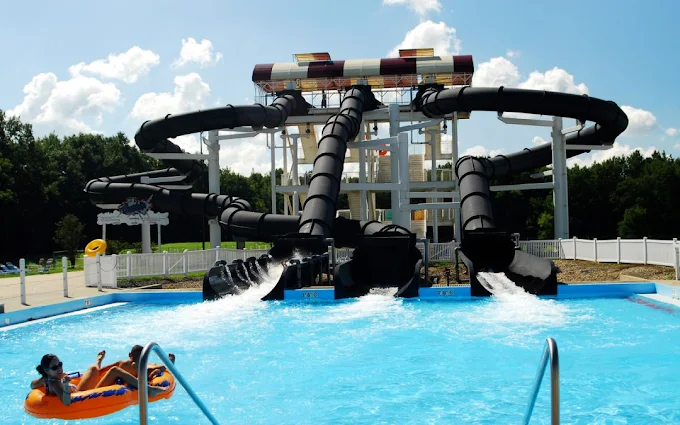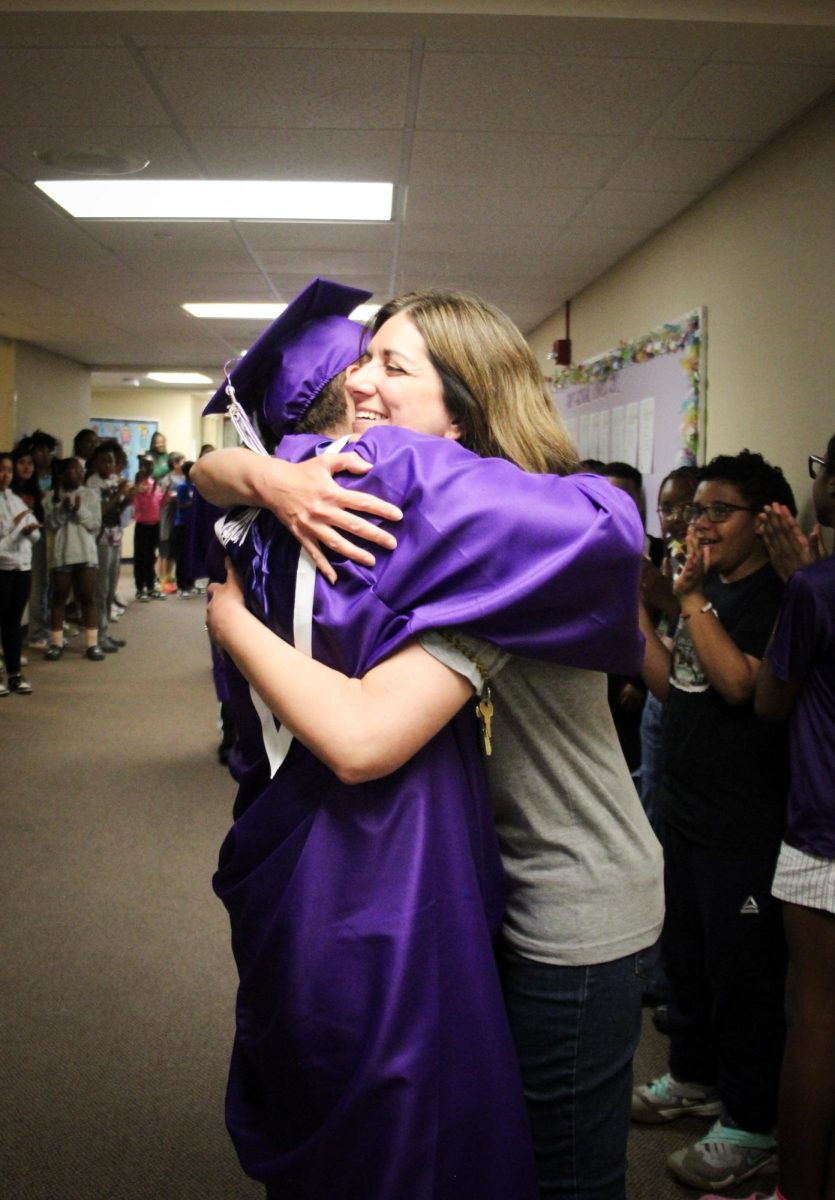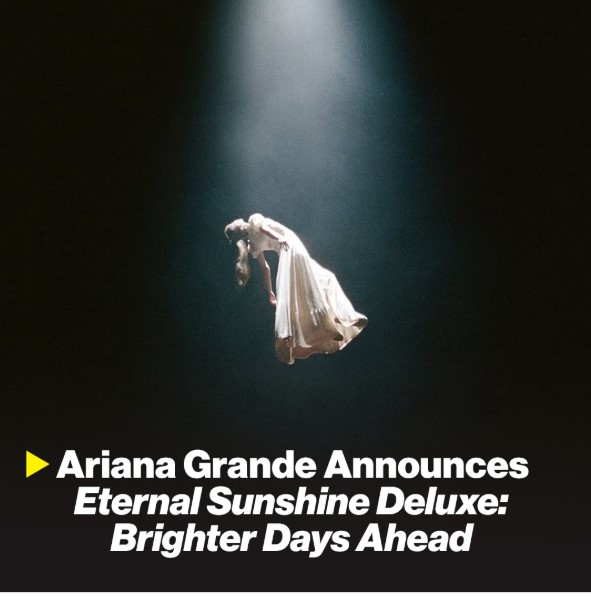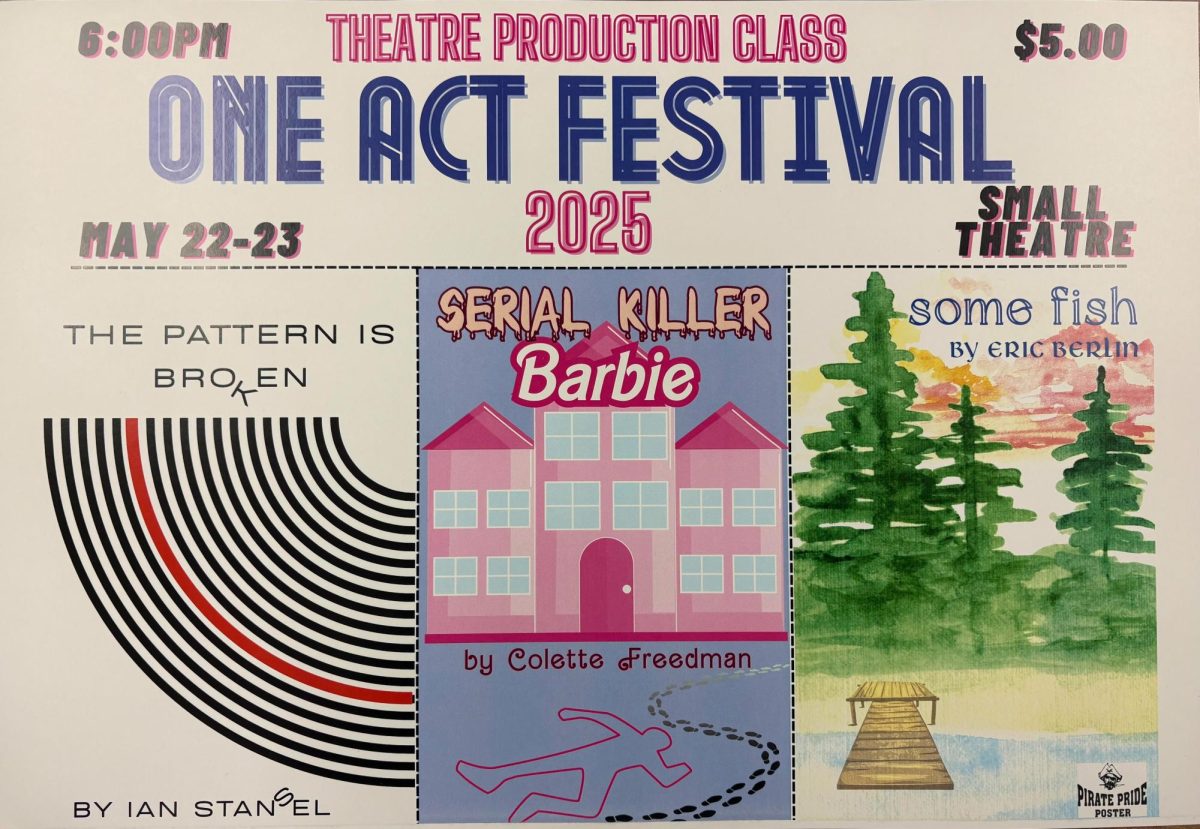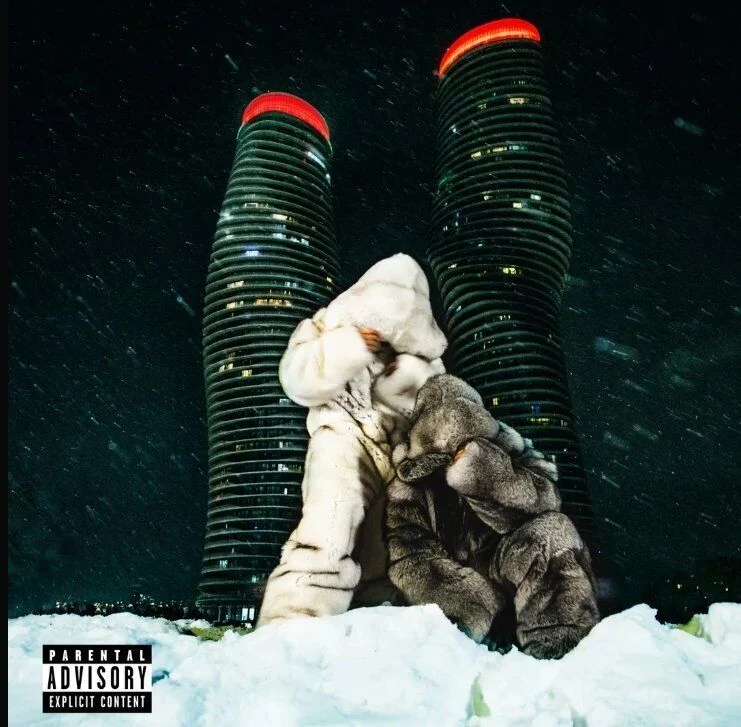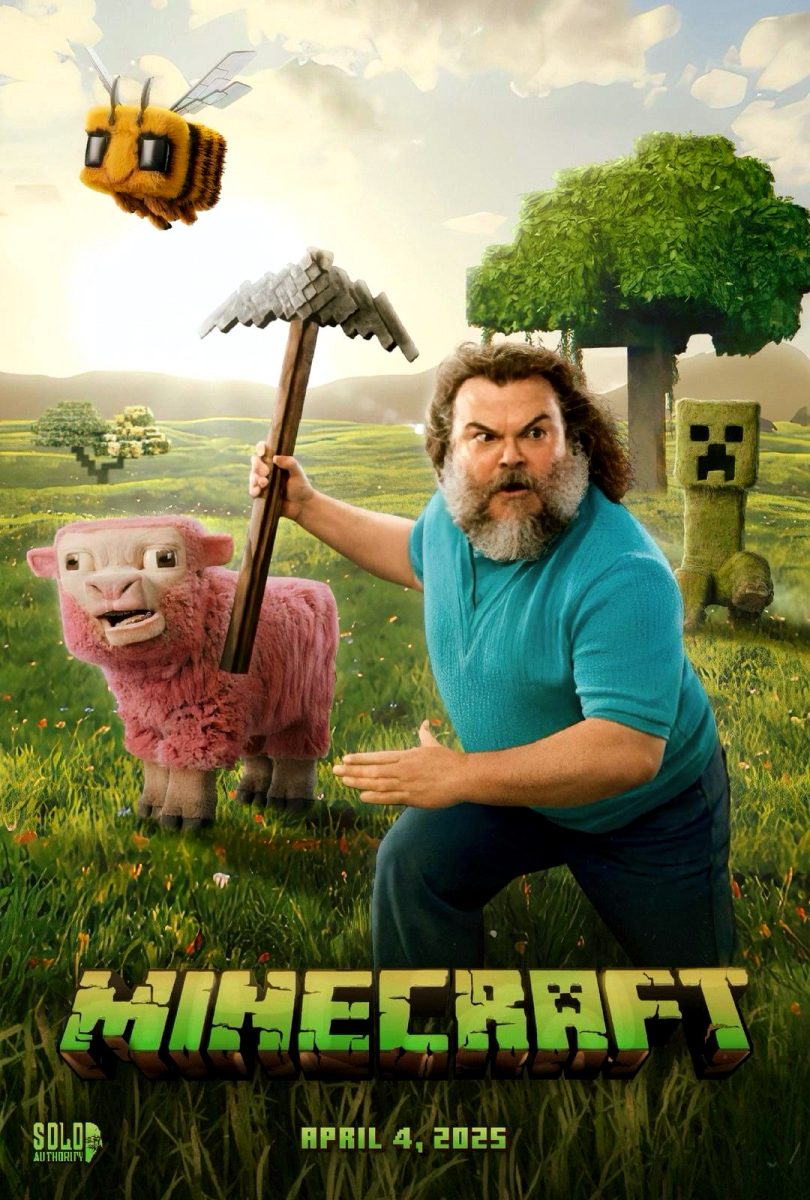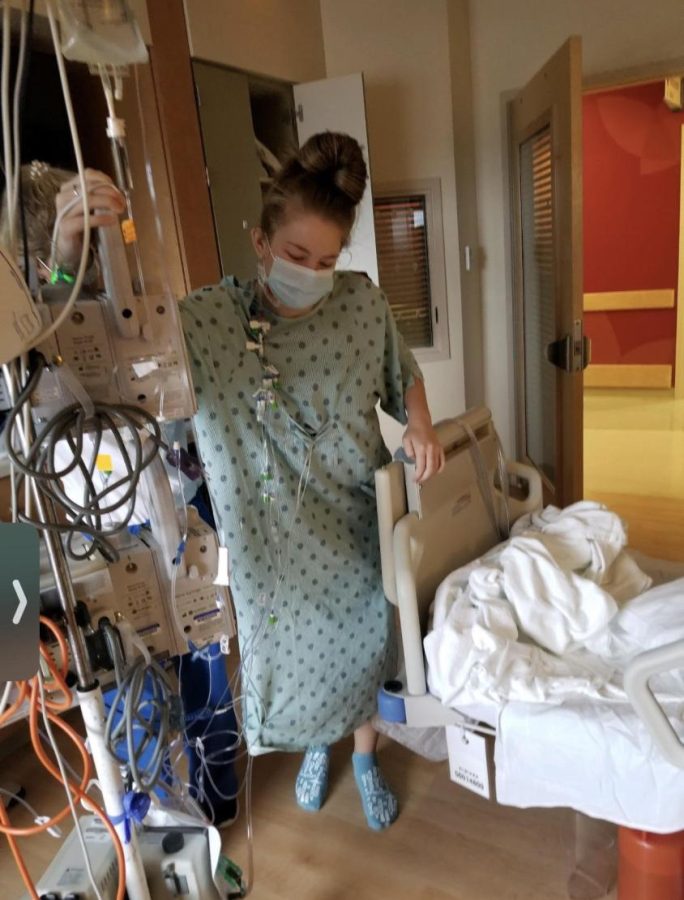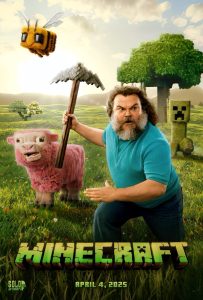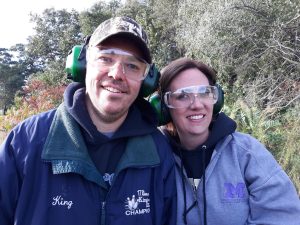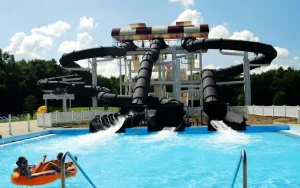Battle against lupus inspires senior to follow new career path
March 17, 2022
Although she had plans to one day be on a battlefield one day, Senior McKenna Vallow instead had to battle a potentially fatal illness.
Vallow found out she had lupus freshman year right after she turned 16, but it’s unknown how long she had it before she was diagnosed.
“There was one summer that I was sick,” Vallow said. “I was very tired and weak. I would use all my strength to go from my bathroom to my bedroom [when] it’s literally right across the hall. They did not know what was wrong with me all the way up until I got a biopsy. That’s when they found out, so it could have been like a year.”
After finding out she had lupus, Vallow felt devastated and hopeless, until she did research.
“I was upset because I didn’t know what was gonna happen, or what it even was in the beginning,” she said. “Once I found out that I had it, I was super scared. But when I learned about it and studied it, I became less worried.”
Lupus is an incurable illness that causes the immune system to attack healthy tissues and organs in the body, about 1.5 million Americans have lupus. While it affects everyone differently, it specifically targeted and attacked Vallow’s kidneys.
“[It] sent me into kidney failure within two months,” she said. “So when I went in for my transplant, I only had 20% of my kidney function.”
Vallow had a kidney transplant at Riley’s Hospital for Children in Indianapolis, and remembers feeling scared and alone during the process, but she is grateful.
“I got my kidney from a deceased donor,” Vallow said. “I’m not sure if it was a teen like me or a grown man or woman. I was waiting for a kidney throughout the two years of my dialysis treatments. After two weeks of me being on the transplant list, I got the call that they found a donor for me. My mom told me the nephrologist team called her and told my mom they found one. When I was told this great news I was extremely happy. I didn’t know what to say at the time. I was completely speechless and I began to cry at my job because I was so happy. It was like a weight lifted off my shoulders.”
Vallow had to make significant changes in her life following her diagnosis that were challenging for her.
“I had to be on a ton of different medications and I had to go through dialysis for two years after that,” she said. “Then with the port in my stomach for doing peritoneal dialysis, I couldn’t go out anywhere because I had to be back at a certain time to have my treatment done.”
Another change she had to make after her diagnosis was her diet.
“I was on a low sodium diet,” she said. “I couldn’t eat the regular stuff that I would, so I had to limit that. I had to drink a gallon of water a day or I would feel really dehydrated.”
Vallow struggled with adapting to the changes she had to make after her diagnosis that led her to miss out on certain experiences.
“I couldn’t go out to eat because of the sodium in the food and the time it would take [because] being out too late could mess up the timing of my dialysis treatment,” Vallow said. “I got super sad that I wasn’t able to do everything that other teenagers could do. It [was] kind of like a jealousy thing almost.”
Vallow received mixed reactions from friends and family when they found out she had lupus.
“I lost friends over it,” she said. “Just because they didn’t understand it. My family, they were super supportive. They helped me through a lot.”
Before her diagnosis, Vallow aspired to go into the Army following graduation, spending two years in the ROTC program. However, Vallow’s experience has inspired her to pursue a career in the medical field as a nephrologist, a doctor that specializes in conditions that target the kidneys, to help people who have gone through the same struggles as her.
“[I wanted] to go into the military,” Vallow said. “I was so set on that, but due to me not having two working kidneys, I can’t. My plan for my career is to help children get through such a tough time like what I went through. I want dialysis children to feel comfortable talking to someone who’s been there and done the same thing they’re going through at that moment.”




